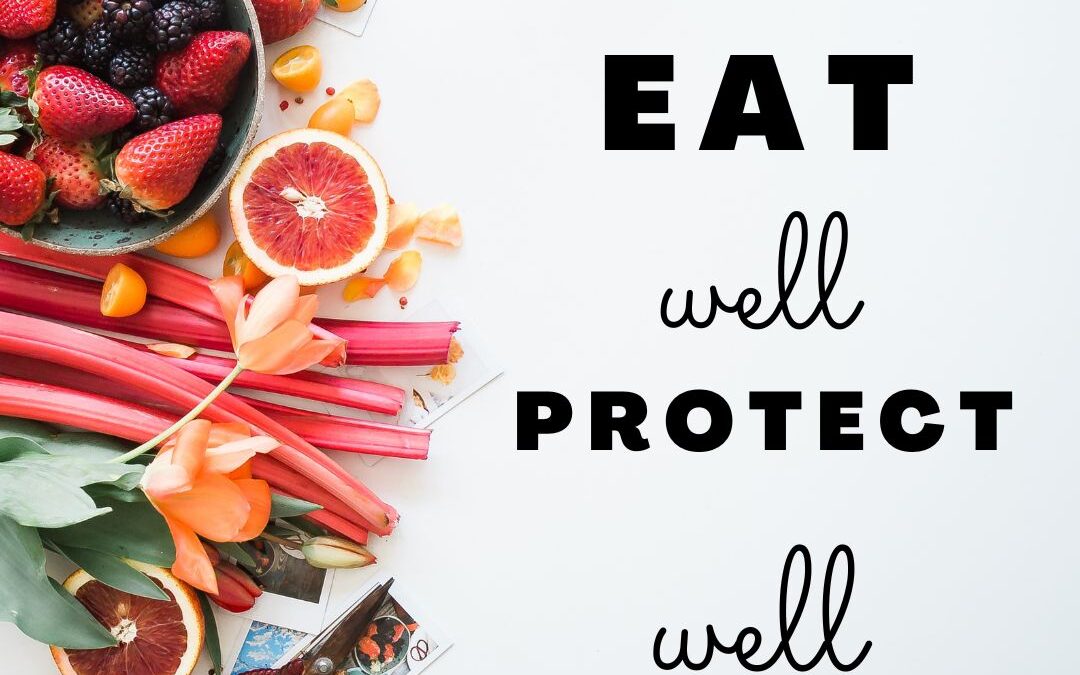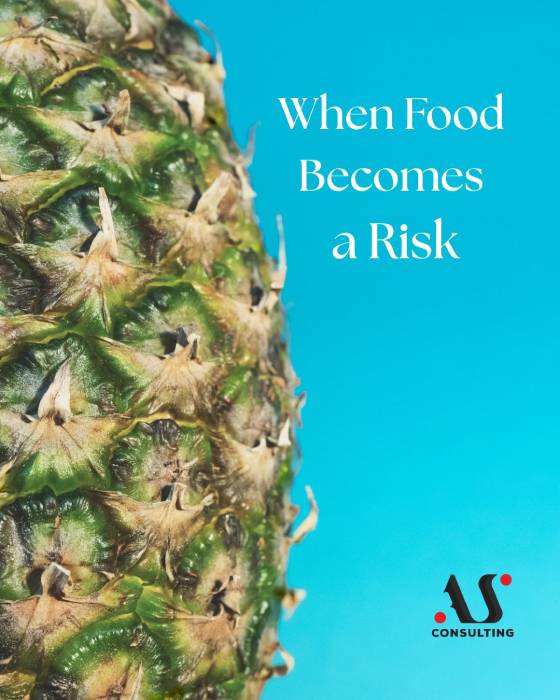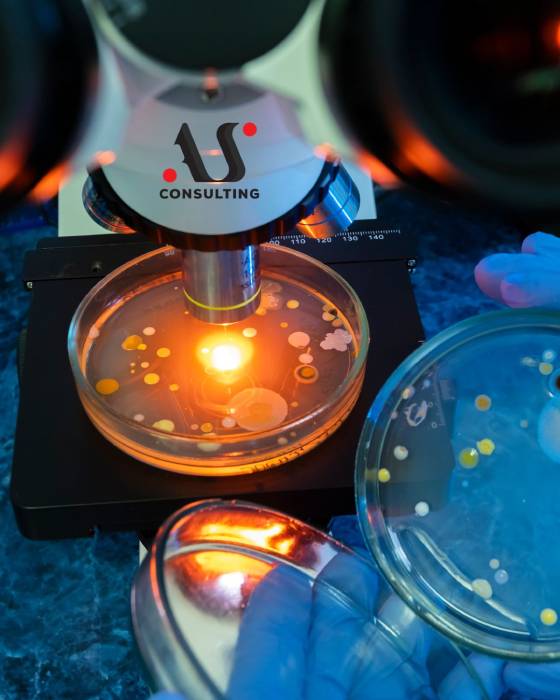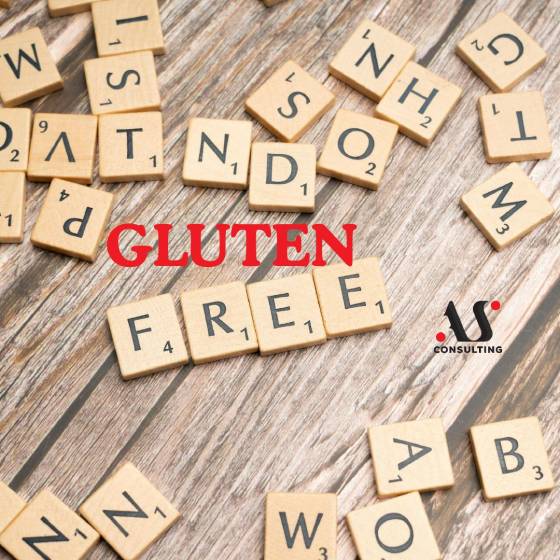
FOOD DEFENSE
May 12, 2021
KOSHER STANDARD
November 30, 2021Food is our basic need, which we have to take in addition to water in order to survive. But we also eat out of pleasures, socializing, or expressing an identity or a sense of belonging to a particular social group. Food is emotion, identity and belonging to a community. This is especially true in the case of religious food standards adopted by religious communities.
Therefore, food safety has a different or added value for believers, especially Muslims and Jews, who have developed their own food standards and respect them in their daily lives. These standards apply to the entire supply chain, starting from primary, agricultural production, through the production of finished products, sales, as well as logistics: distribution and transport.
HALAL STANDARD
The terms HALAL AND HARAM
Muslims strictly adhere to the rules related to the preparation and consumption of food originating from the Qur’an and which are known today as the Halal nutrition rules. HALAL are foods and beverages that are permitted for consumption under Muslim Sharia law. This means in more detail that the food or goods that do not contain any ingredient are prohibited by Sharia law, or if it is food of animal origin, that the slaughter of animals was also carried out according to Sharia law. It is also food (or goods) that in the processes of production, storage and distribution has not been mixed with food (or goods) that do not comply with Sharia law.
All food that is not allowed for use (other than HALAL) is HARAM which means forbidden. All food that comes from God is halal, with a few exceptions that are especially forbidden. Halal and Haram are clear terms denoting what is allowed and what is forbidden. Between them there is the term MESHBUH which means something that is suspicious.
All uncontaminated and pure food is halal, permitted for consumption, with the following exceptions:
- dead animals; blood; pork and pork products; animals slaughtered outside the prescribed religious rules; animals that have been slaughtered in a way that implies that not the entire amount of blood has flowed out of the body; animals slaughtered at the mention of a name other than God’s; poisons of all kinds, including alcohol and drugs; carnivorous animals including dogs, lions, wolves, tigers, donkeys; birds of prey; terrestrial animals like frogs and snakes.
Requirements of the HALAL Standard
Most HALAL requirements are identical to the requirements of the HACCP system and ISO9001 standards.
Requirements related to raw materials, ingredients, additives. From the very beginning of the production process, when purchasing raw materials, ingredients or additives to products, it must be ensured that they are halal, as well as safe for use. Special attention must be paid to raw materials of animal origin that must have a valid halal certificate. It is not allowed to mix and store halal and haram raw materials and ingredients in the same space, in order to avoid contamination. The use of gelatin, lard, alcohol, lard, GMO products, rennet of animal origin is prohibited.
Requirements related to meat and meat products. Particularly sensitive raw materials are those related to the meat industry. There are requirements here both in terms of animals whose meat is used and in the way of slaughtering animals.
Requirements related to the production process. During the production process, only equipment to which good hygiene practice (GHP) has been applied may be used, where care must be taken that the tools and equipment used in the production process are used only for halal raw materials and products. The finished product must not contain haram ingredients and in the case of products of animal origin, care must be taken that the meat is obtained in accordance with Sharia law. There must be proof of the origin of the raw materials, ie. complete traceability must be respected. During production and later storage and transport, care is taken not to mix or cross-contaminate halal and haram raw materials and products.
Packaging and marking. The packaging must be made of permitted materials, the information on the packaging is clear and legible; false information must not be given and customers must not be misled. The logo of the organization issuing the certificate may be used, but the word “halal” may not be used in the product name.
Facility requirements. The facility must be hygienically correct, the premises must have doors and windows, so that the production area is protected from pest infestation. Production equipment and tools must be clean and free of haram residues. It is forbidden to keep workers in the facility outside of working hours. Haram products, as well as alcohol and alcohol derivatives, may not be brought into the facility. The use of brushes with animal hair is not allowed.
Hygiene requirements. Hygiene is a very important factor in all segments of life, so hygiene must be taken into account in production and good hygiene practice (GHP) must be fully applied. This applies to the facility, as well as to production equipment, tools and accessories, as well as to workers, their work clothes and health. The goal is to ensure the health of the product. Plant and equipment must be kept clean, workers must be healthy and take care of personal hygiene, hygiene of toilets, locker rooms and rooms for workers must be taken into account, as well as protection from pest infestation.
Requirements related to training and documentation. Management is required to train workers to work according to the halal standard. Employees must keep records of hygiene and product processes.
Cosmetics and other goods. Halal is not limited to food, but also covers other products that Muslims come in contact with during the day. This applies to cosmetic products that must not contain prohibited chemicals or ingredients of animal origin, as well as clothing and items made of leather or fur, which must be of permitted animal species.
Certification process. The certification process and the awarding of Halal certificates are performed by organizations authorized by the Islamic religious community. An organization wishing to be certified submits a request for certification to an authorized Agency, which educates the interested organization according to the requirements of the Halal standard and then performs checks and awards a Halal certificate.




